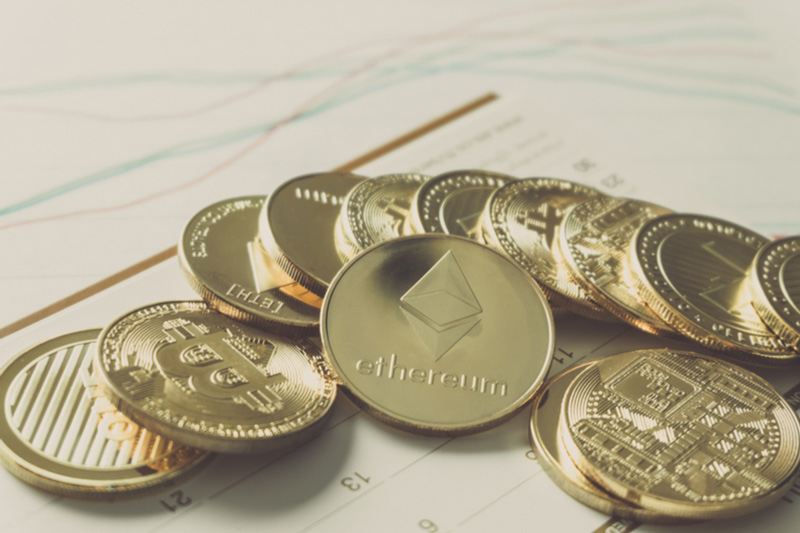Kraken Faces Federal Investigation for Registering Iranian Users
2022.07.27 22:37

Kraken Faces Federal Investigation for Registering Iranian Users
- Kraken, a US-based exchange, is being investigated for violating US sanctions by allowing users from prohibited regions.
- According to a spreadsheet from its CEO, there are 1,522 users with residences in Iran, 149 in Syria, and 83 in Cuba.
- Kraken had previously faced regulatory actions from the CFTC, which fined it $1.25 million.
According to the New York Times‘ finding, Kraken, one of the largest cryptocurrency exchanges based in the United States, has come under federal investigation for violating US sanctions by allowing users from prohibited regions to buy and sell digital tokens.
The report said the U.S. Treasury Department is investigating whether the exchange allowed users in Iran and elsewhere to trade digital tokens.
In 1979, the United States imposed a ban on exporting goods or services to people or entities in the country. One of the most effective instruments the United States has to change the conduct of countries it does not consider allies is prohibiting business transactions in the region.
But, according to a spreadsheet Kraken CEO Jesse Powell shared to a company-wide Slack channel to demonstrate where its clients were, there are 1,522 users with residences in Iran, 149 in Syria, and 83 in Cuba. Kraken would be the most prominent US crypto firm to face enforcement action from the Office of Foreign Assets Control (OFAC).
Kraken has previously faced regulatory actions from the Commodity Futures Trading Commission CFTC, which levied a $1.25 million penalty against the company for prohibited trading services.
The federal government has increasingly cracked down on crypto companies in recent times. Tether, a stablecoin company, was fined by the CFTC for misstatements about its reserves last year.
OFAC last year fined BitPay over $500,000 for 2,102 apparent violations. And in 2020, it fined BitGo, a digital wallet service, $98,000 for 183 apparent sanctions violations.
Continue reading on CoinQuora








